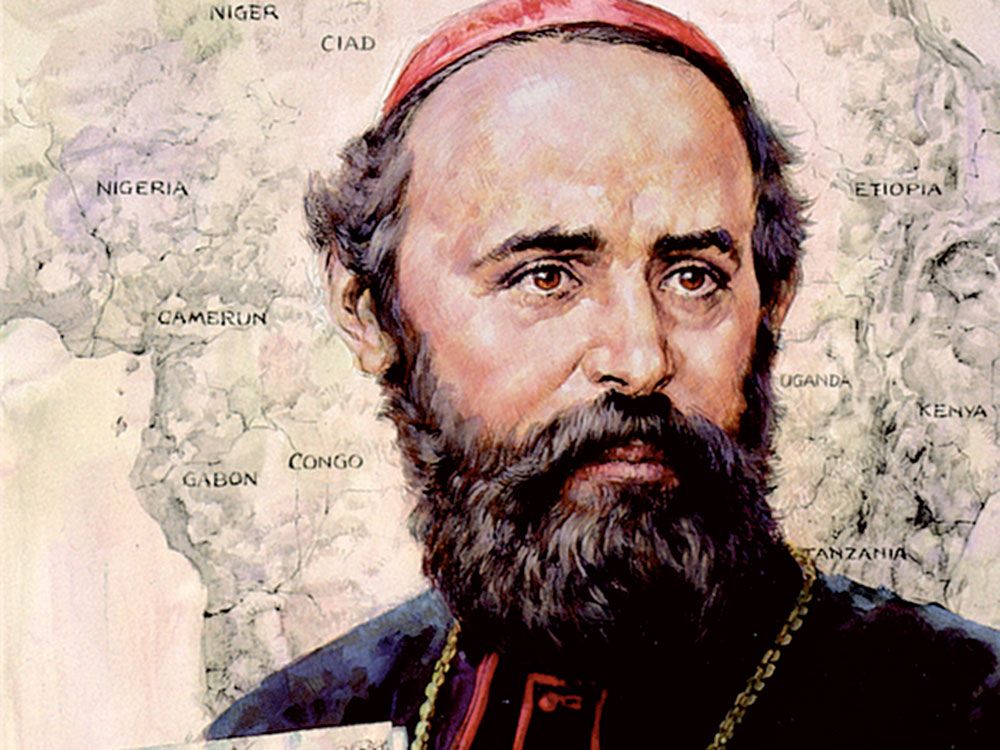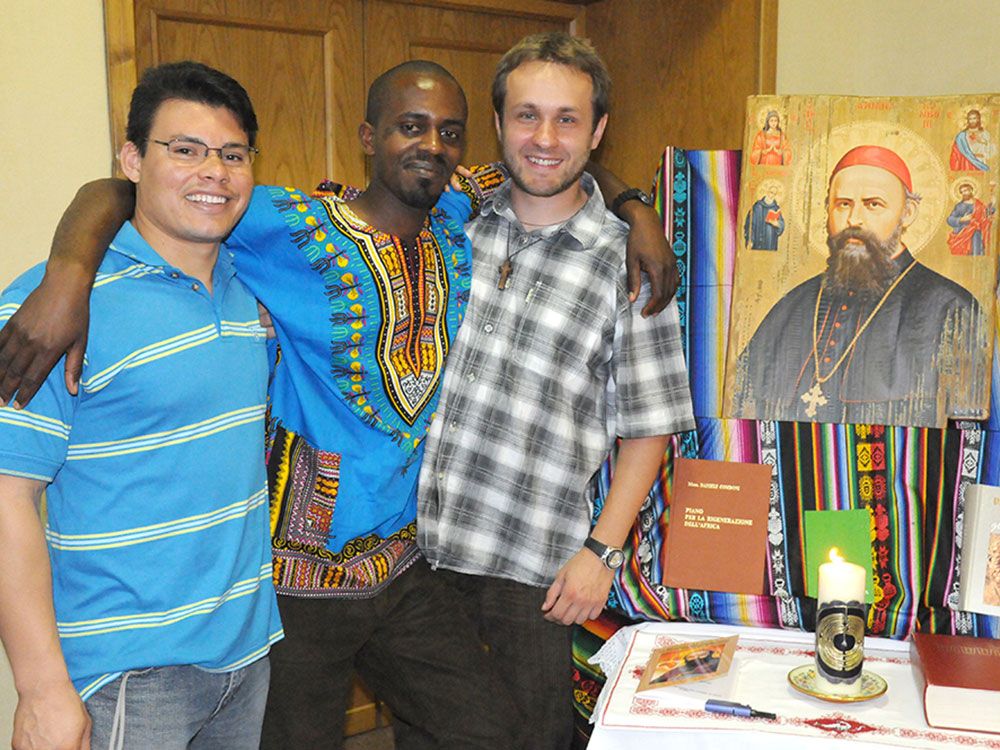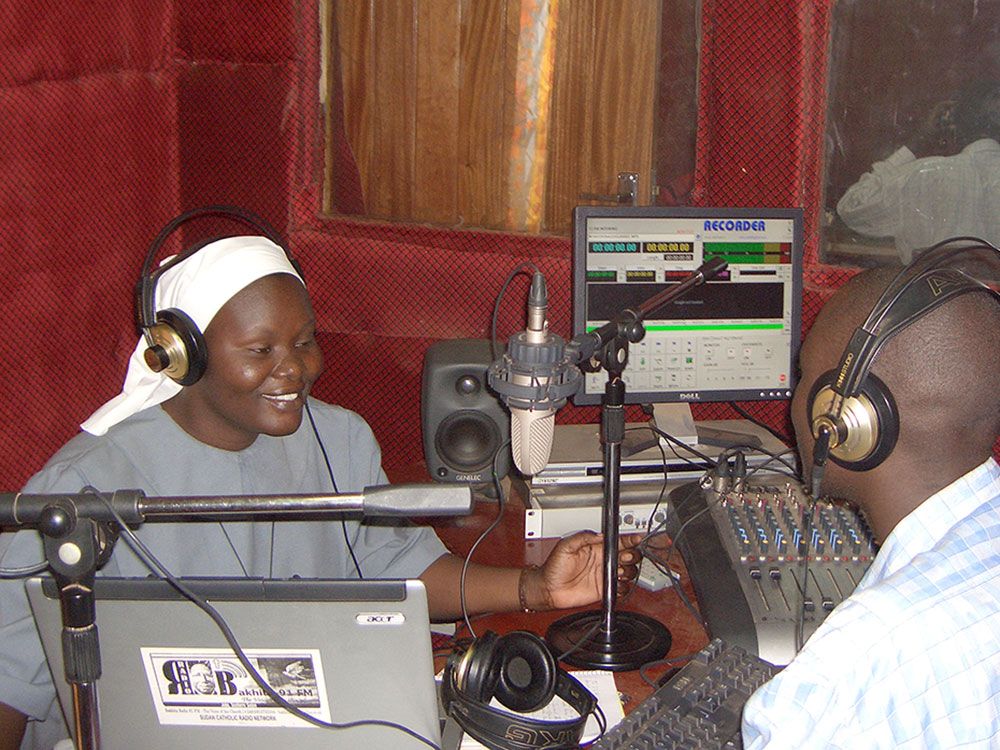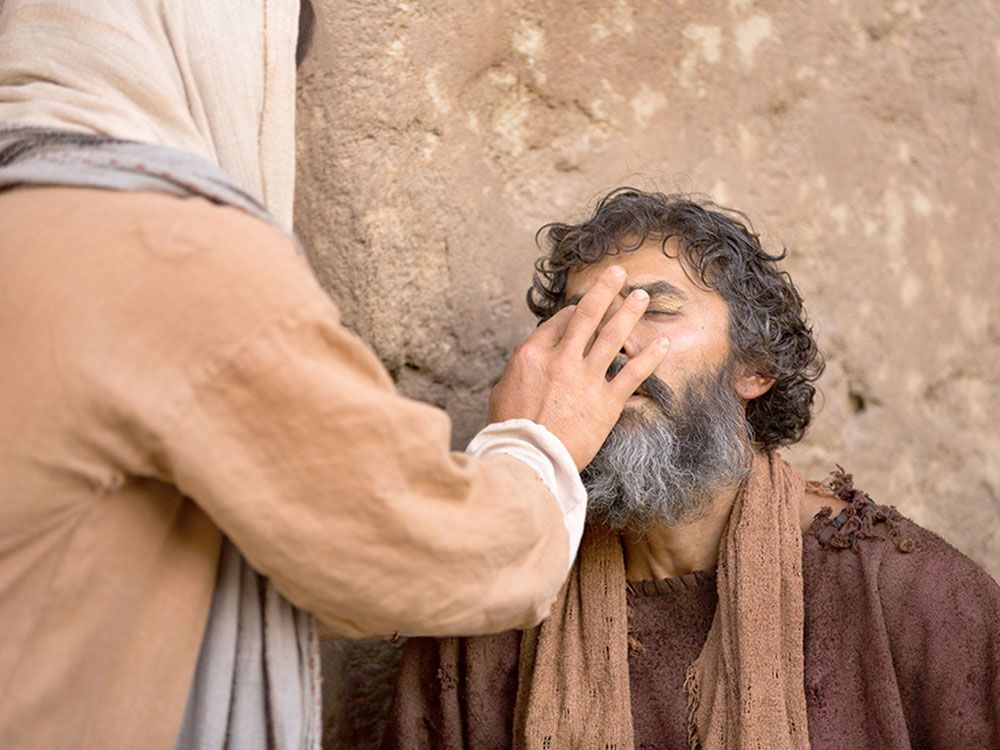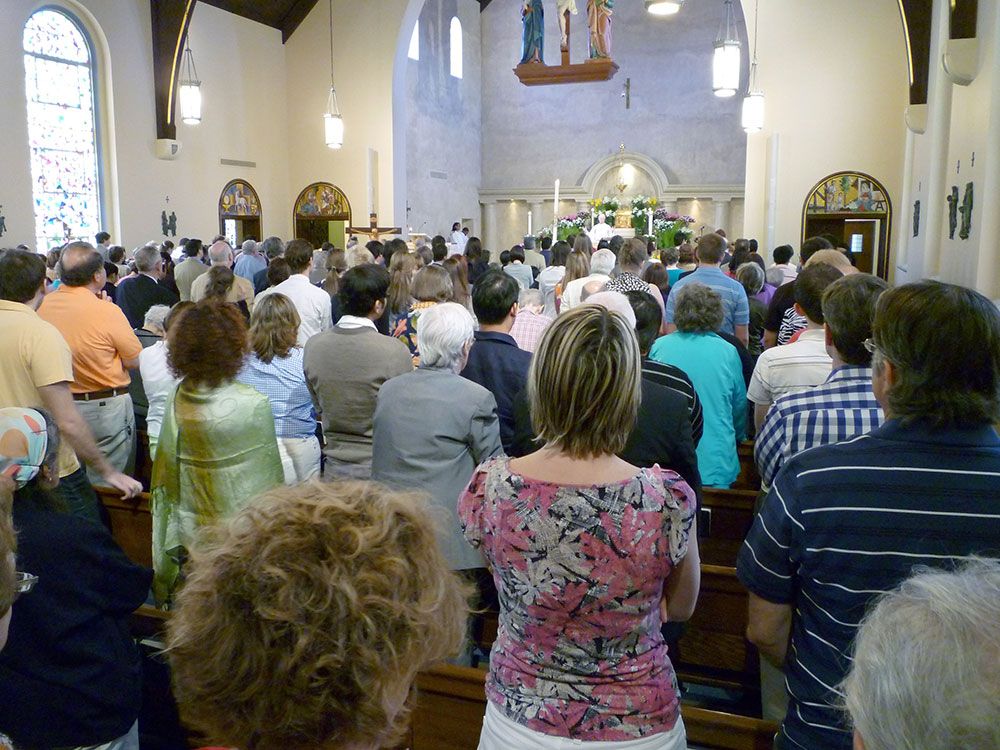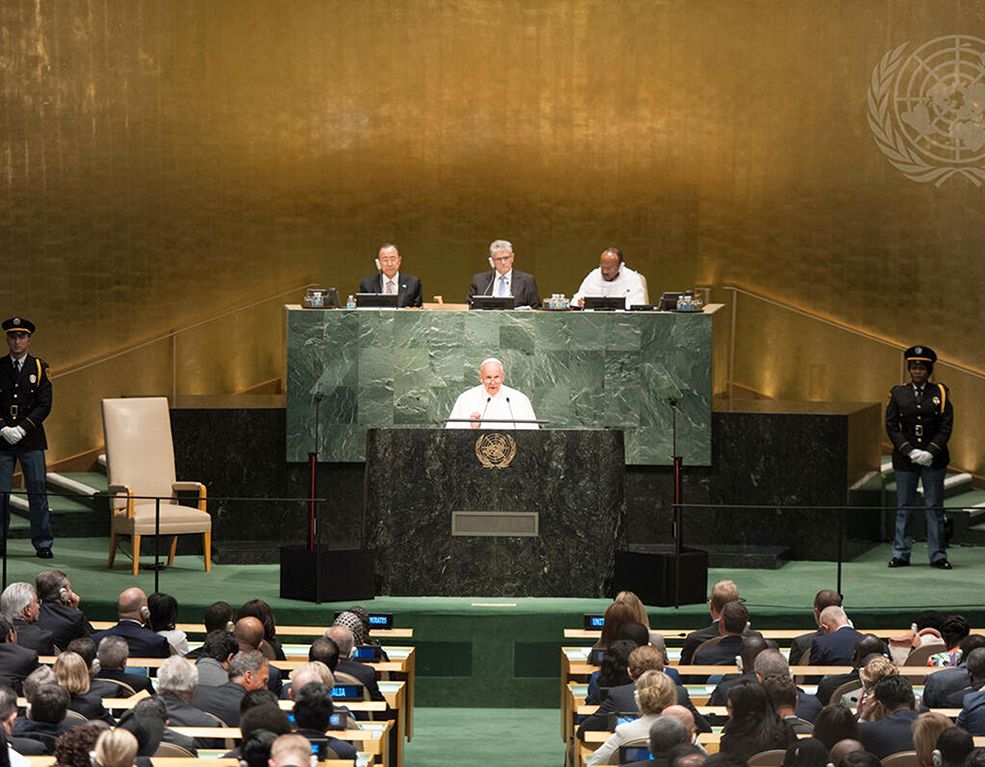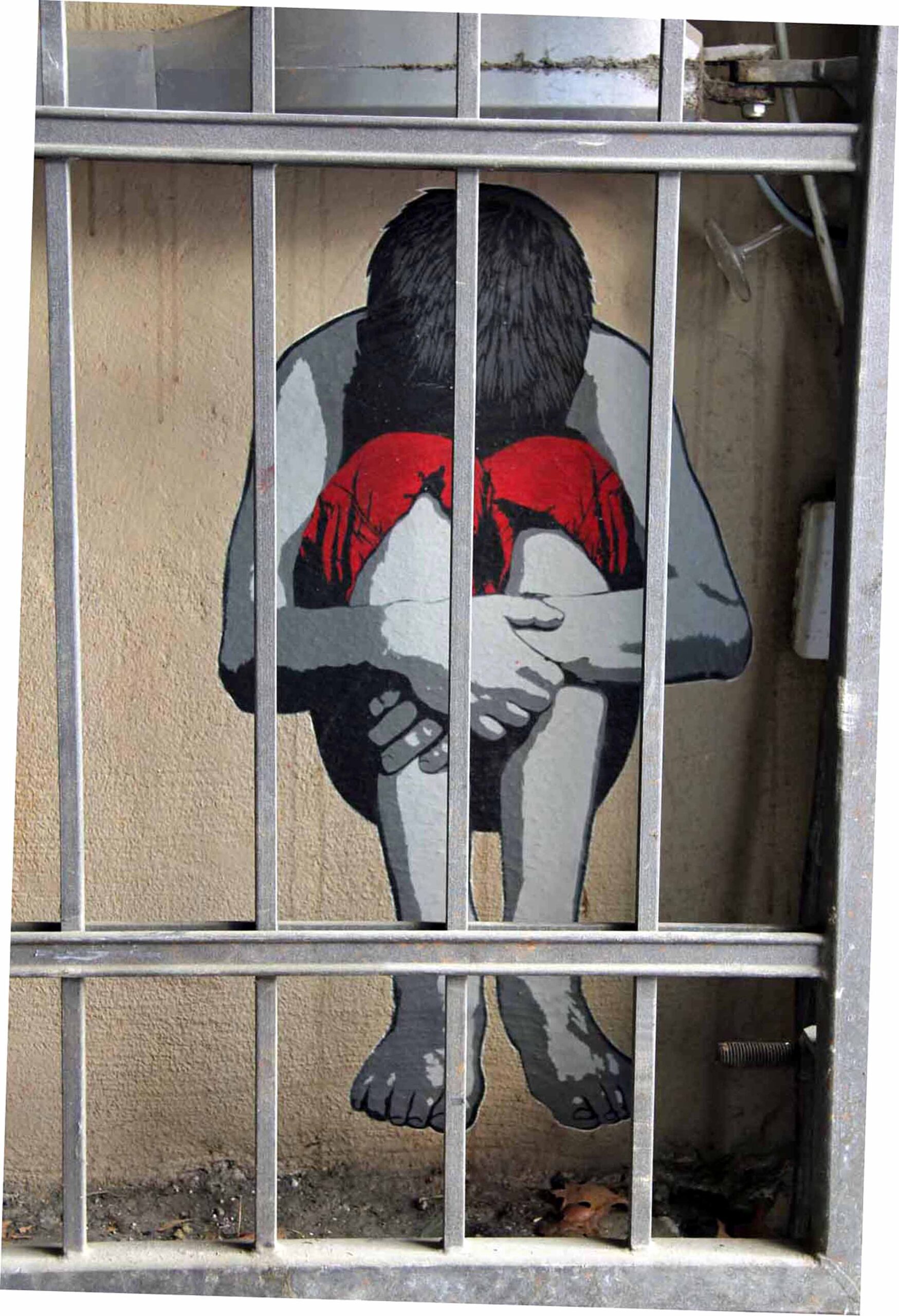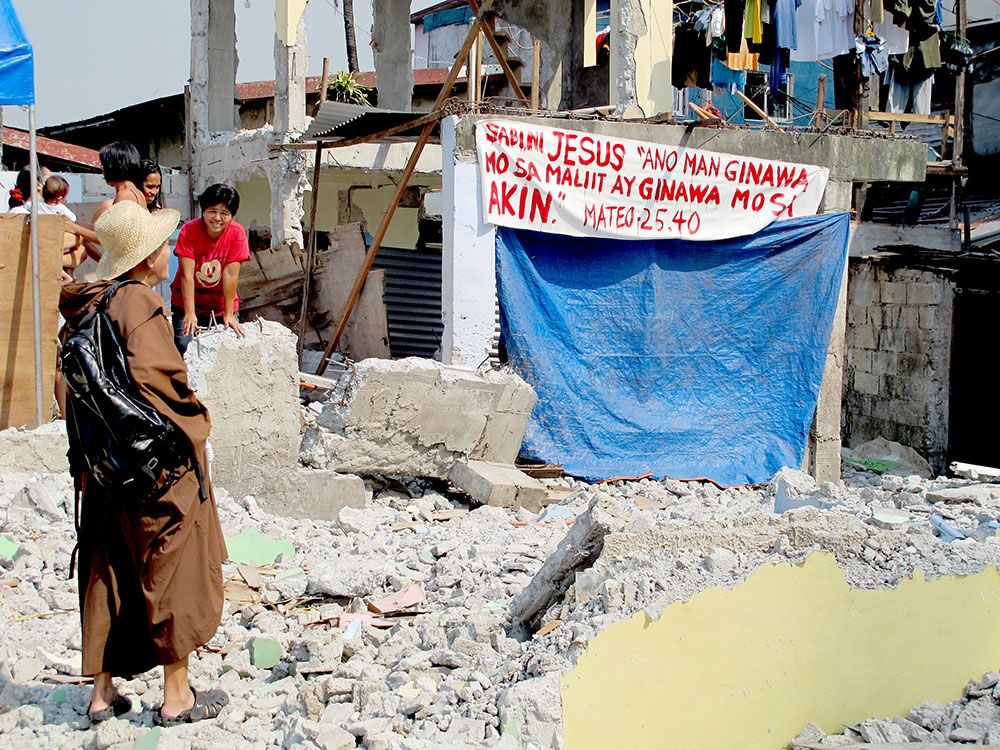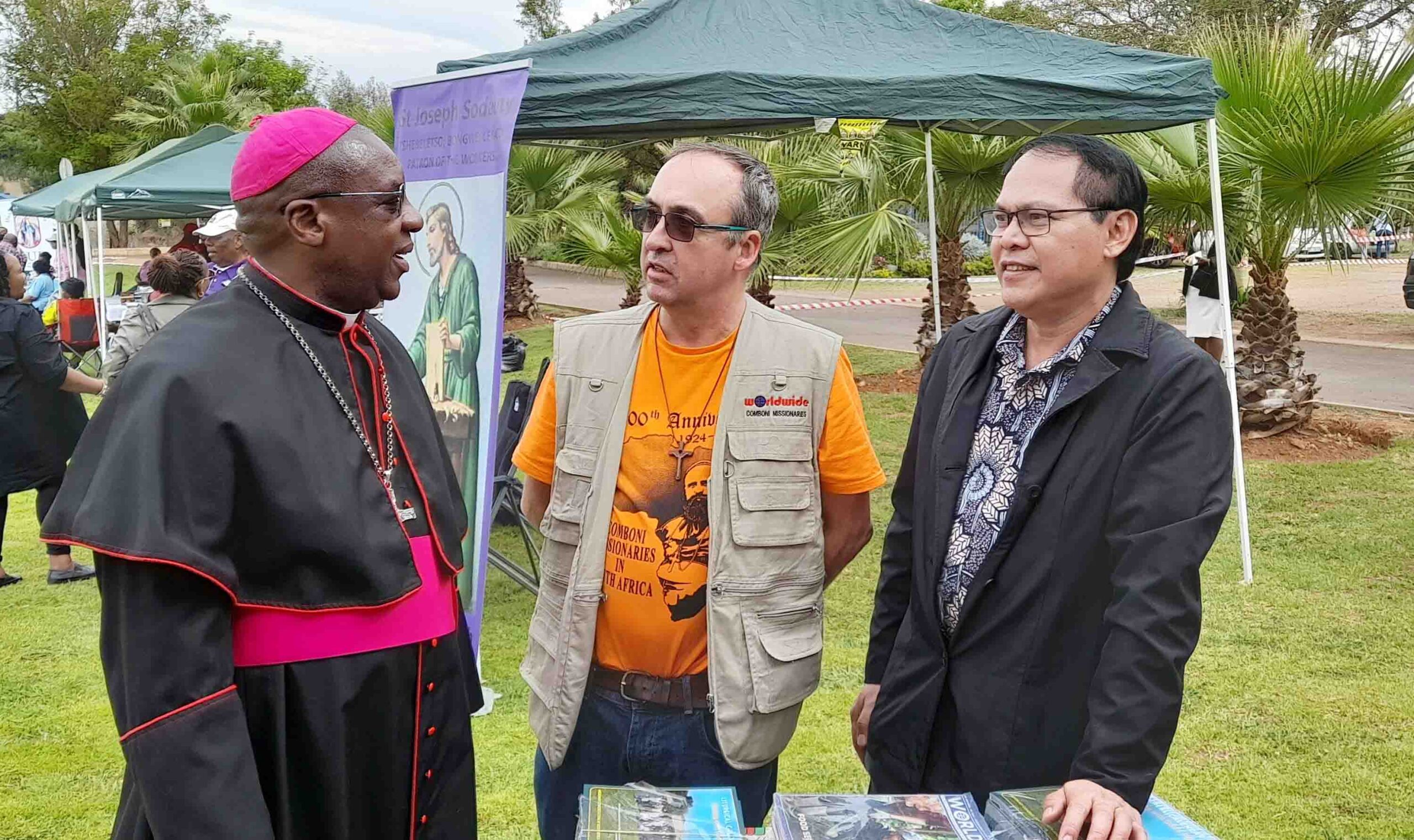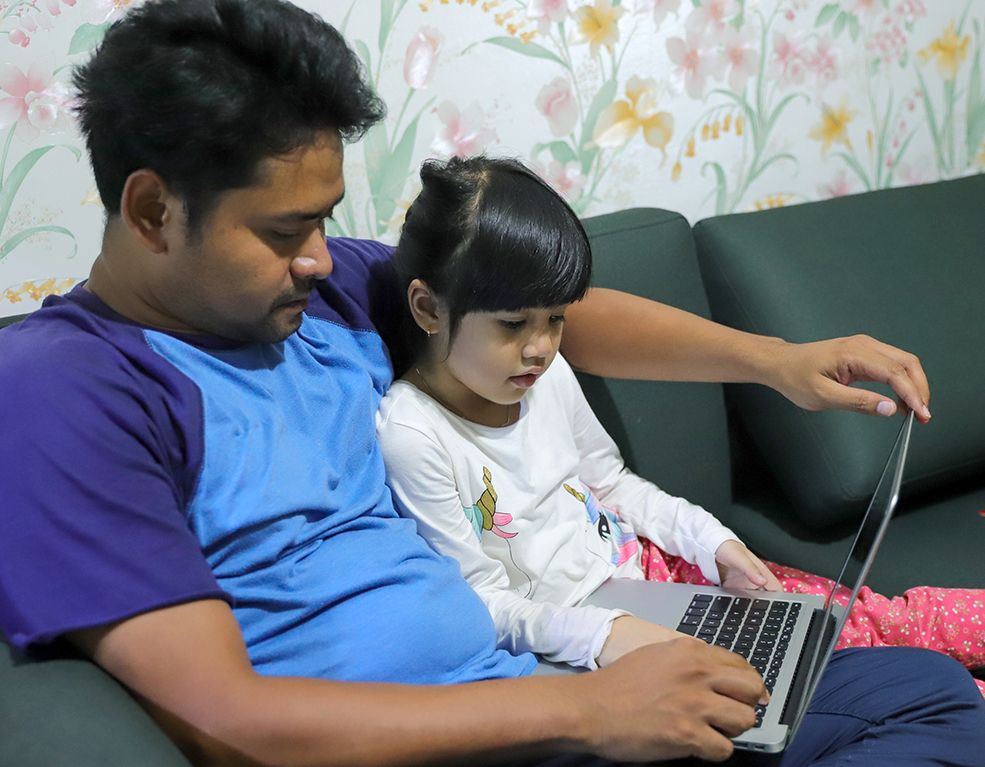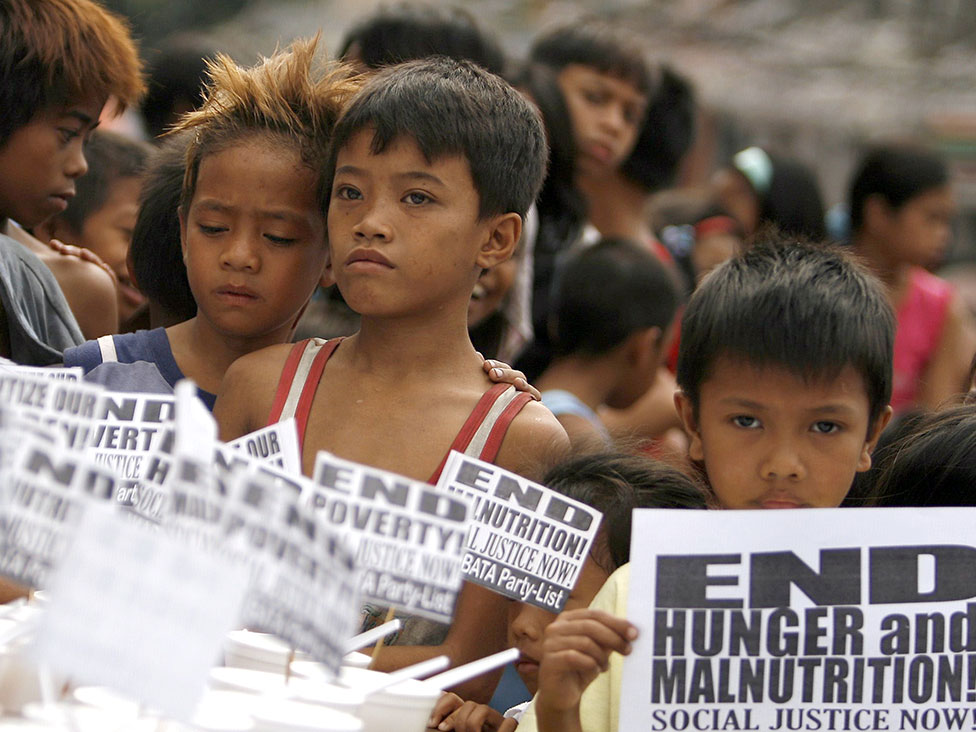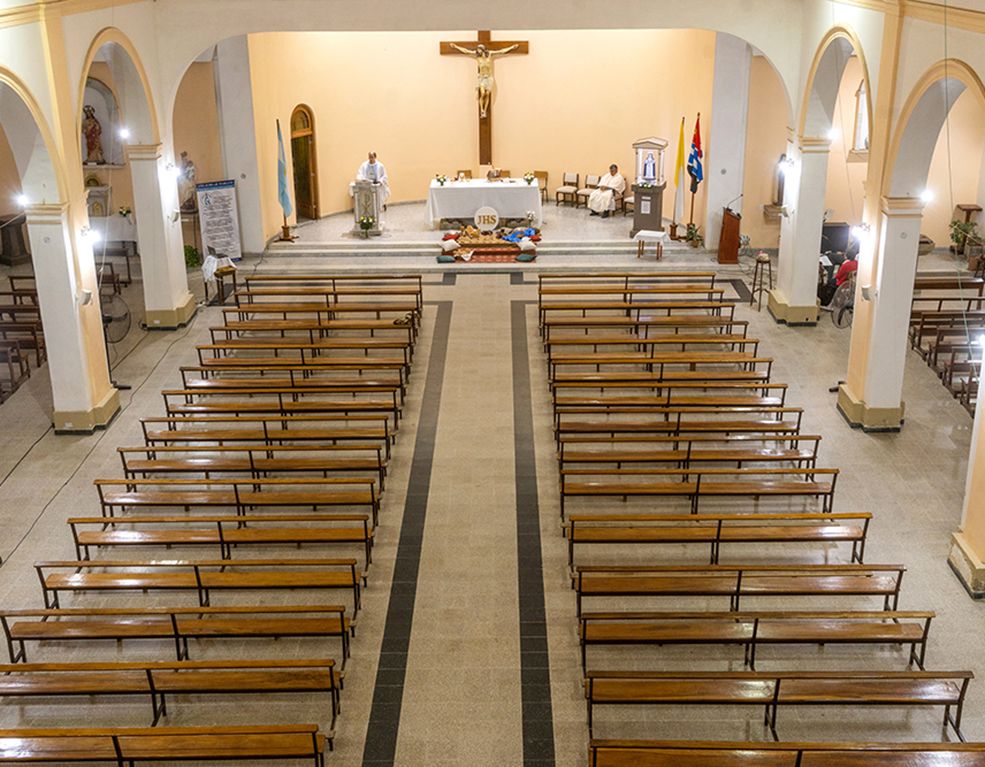The Combonis first arrived in Asia, in the Philippines, in 1988 for mission animation and vocation promotion work. Later on, they extended their presence to other Asian territories, like Taiwan and Macau, having in mind the evangelization of non-Christians. Recently, we opened a community in Vietnam to promote vocations among its youth.
In 1997, a Comboni missionary was sent to study Mandarin and explore the possibilities of missionary activity in Taiwan. With significant presence in the island country, the missionary established a more stable community. Later, the Archbishop of Taipei entrusted to the Combonis the care of St. John Neumann Parish in Renai District at the heart of the capital. After forming a dynamic and stable parish, the Combonis decided to move on to a more modest setting to fully live its charism among the poorest and the most abandoned.
Afterwards, the missionary community moved to the outskirts of the capital, in Wugu District, New Taipei City, to take charge of St. Anne’s Parish that had been without a resident priest for many years. The parish community is composed of a mixture of aborigines and Taiwanese of Chinese descent. In spite of its half-a-century existence, the parish can still be regarded as “young” as it started functioning as a real parish only recently with only 80 Catholics in a district of more than 80,000 people. In this sense, it is a very simple community where even the chapel was a former Kindergarten School.
Another commitment
Three years ago, the community accepted the request of the Archbishop of Taipei to assume another pastoral commitment at St. William Parish in Huilong District, located on the 9th floor of a leprosarium hospital. It is also a mixed community of more than a hundred parishioners, mostly coming from the aboriginal group.
At present, our religious community in Taiwan is composed of four Comboni priests consisting of two Filipinos, a Polish and a Peruvian. Three of them are actively involved in pastoral activities, while the other one is still learning Mandarin. Aside from their permanent commitments, some of them also assist in other pastoral services in the diocese, such as ministering to youth groups and migrant workers for their spiritual needs.
A ‘new world’
After my formative years in the Philippines, Mexico and Peru, I thought going to Taiwan would be the same as going to any other place but I was wrong. It was definitely different from what I was expecting. First, the language is so difficult, considering that I am not familiar with the characters and the tones. I thought I was in a different planet. Secondly, the culture is quite different from where I was raised and from the other places I had been to. The mentality and way of expressing oneself is so distinct and different. Everything was new to me. Even the church, I perceived it as somehow traditional and conservative.
Despite the aforesaid feeling, I was challenged to face this new reality in my life. I was truly encouraged by the warm welcome and hospitality of the people in the parish. Through their care, kindness and patience, I learned how to communicate with them in the best possible way that I can even if I had to resort to sign language. I felt a sense of belonging to the community. Even though I was busy in my studies with all its academic demands, I tried my best to be with the people in their activities and this brought me more close to them.
Religious sense
My year-and-a half experience in Taiwan, especially living with the small flock of the followers of Jesus, made me appreciate the richness and diversity of the place. The Taiwanese can truly be called “religious” in its true essence. They have high regard for the Divine. They believe in a Supreme Being who provides all their needs and answers their petitions. Our parishioners also have this deep sense of awareness and reverence for the divinity. One can easily see their devotion to what is considered sacred. Their seriousness and high respect for the liturgy, especially the Eucharist, bespeaks of a deep spirituality.
Their strong sense of belonging to a community is also something that I admire among the Taiwanese Catholics. This can be attributed to their minimal number. Almost everybody knows each other and one can see how they cordially interact and mingle among the community members. The connection among them is quite evident to the extent that whenever there is a new face among them, they would really be interested in finding out to which parish he or she belongs.
Relations with other faiths
Interreligious dialogue is an activity that is always of interest to me. In fact, this is one of the reasons why I opted for this part of the world. In our community, I have experienced how it is to relate with people of other faiths. Some Buddhists, Taoists and Protestants, at times, join in our celebrations. There are even moments that they attend our Masses, especially on important feasts like Christmas. In the special projects of the parish, they actively participate in conducting tutorial classes for poor children. Students from different faiths even attend the Spanish classes conducted by one of our missionaries.
I can still clearly remember a Muslim woman who was coming for some months to the church for daily Mass to accompany an old parishioner. She even helped in arranging and cleaning the chapel.
Another anecdote is about a twelve-year-old Buddhist girl who regularly attends the Sunday Mass and volunteers as an acolyte in the parish. This shows that, in spite of our differences in beliefs, we can live in friendship with and serve one another. These gestures and attitudes show how God’s grace touches people’s hearts and leads them to become followers of Jesus.
Witnessing
Indeed, to convert people to Catholic faith in this part of the world is not that easy due to many reasons. Baptism is very rare but witnessing to the Good News of Jesus among them, through our daily lives, is an invaluable form of evangelization.
In April, last year, I was filled with joy taking my perpetual vows and when I was ordained deacon at St. Anne’s Parish. It was so special for me considering that it was the first ordination in the parish. It was a very memorable event for the parishioners, too. They enthusiastically helped in the preparations and even participated in a simple program after the ordination.
For us Comboni Missionaries in Asia, it was also a symbolic and hope-filled event because, for the first time, a Comboni missionary was ordained deacon in a Chinese territory after more than twenty years of presence in this part of the world. What do we make out of it? Shall we take it as a sign to continue our presence and missionary service to the Chinese people in a more invigorated way? In this 150th anniversary of our Institute, what is God’s provocation to us Comboni Missionaries in the Asian continent?




